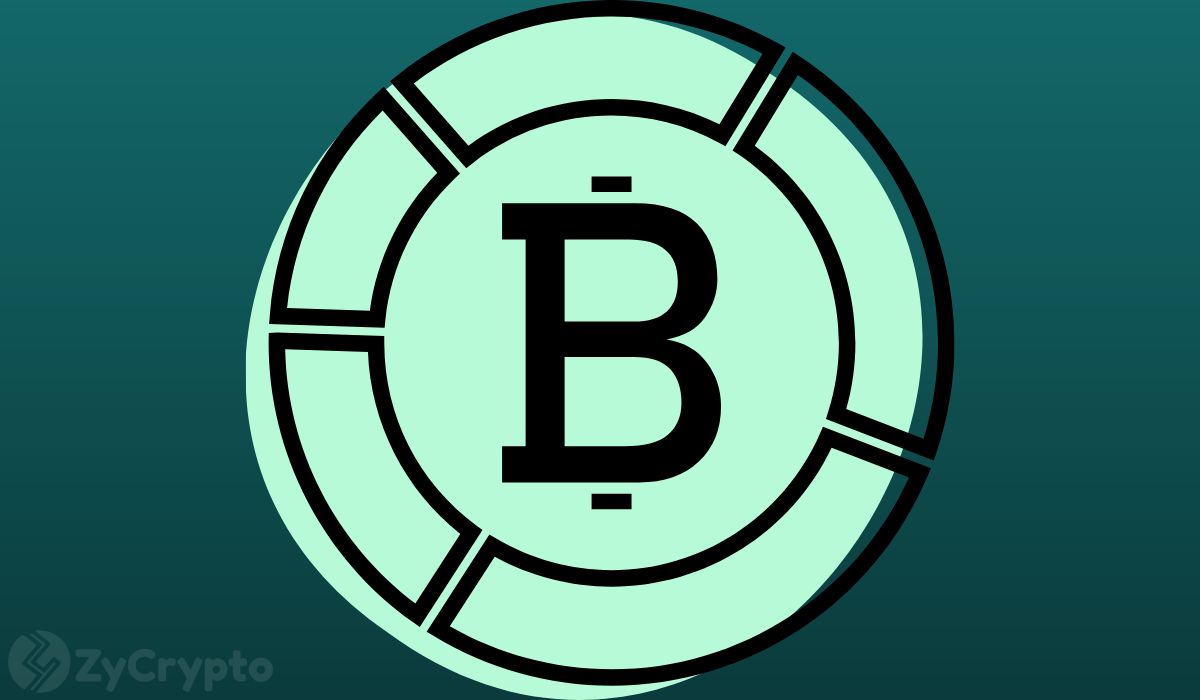2018-8-8 12:14 |
It’s no secret that Japan is one of the frontrunners of blockchain adoption. The country has been a hot spot for crypto ever since Bitcoin first entered the market nine years ago. Recognizing this technology as a unique opportunity, Japan crypto officials managed to transform their country from an uninformed community into one of the premier countries for blockchain adoption.
Japan’s blockchain intentions haven’t always been clear. At moments, there have been significant concerns raised by government officials regarding the unregulated nature of the cryptomarket. After the Japanese exchange, Mt. Gox, collapsed in 2014 there was a moment when many Japanese citizens associated the word Bitcoin with fraud.
Today, you can buy almost anything in Japan with BTC, but their crypto journey started much sooner. Let’s take a moment to see how Japan managed to ride the crypto wave and go from the most significant exchange hack of all time into its current position as one of the top crypto countries in the world.
Japan Crypto – The Early DaysBlockchain technology caught Japanese officials by surprise like most regions of the world. Japan was one of the earliest societies to recognize Bitcoin’s potential. Bitcoin became popular in Asia in 2011. At this time, a growing number of people were getting into BTC mining. Specifically in the countries of Japan, South Korea, and China.
In Japan, many people believed Bitcoin to be created by a Japanese citizen because the name Satoshi Nakamoto is Japanese. This conspiracy theory helped increase Bitcoin adoption in the region.
In these early days of the cryptomarket, officials paid little attention to the cryptocurrency. There were no cries for regulation, and despite the growing popularity of BTC, most people still had no idea that Bitcoin existed. All this changed once Mt. Gox collapsed.
Japan Crypto Exchanges DominateIn 2014, Japan hosted the largest Bitcoin exchange in the world: Mt. Gox. The now infamous, defunct exchange once dominated BTC trading. At one point, it was estimated that Mt. Gox controlled up to seventy percent of BTC’s global trading volume.
The Japanese market was preparing to undergo a blockchain upgrade, and platforms such as Bitflyer were ready to take investors to new heights. Japanese investors, recognizing Mt. Gox ’s earnings, flooded the cryptomarket and in a short period, multiple Japanese exchanges opened. Mt. Gox eventually folded due to numerous hacks but not before it ushered in a new era of Japanese crypto exchanges.
Japan Crypto – MonacoinJapan began to see the entry of its first homegrown cryptocurrencies at this time. Monacoin was Japan’s first locally developed cryptocurrency. This indigenous altcoin entered the market in December 2013 via a posting on 2channel. The coin’s developer, Mr. Watanabe, chose to remain anonymous, and the coin’s development has proceeded via an open source protocol.
Monacoin Chart Via CoinMarketCap
Japanese Crypto LegislationAfter 2014, Japanese officials were feeling heat from the public due to the massive amount of funds lost in the Mt. Gox fiasco (850,000 BTC). In response to the growing international public outcry over the incident, the Financial Action Task Force (FATF) published the Guidance for a Risk-Based Approach to Cryptocurrencies.
The report made many suggestions to Japanese legislators, including that Japan legalizes cryptocurrencies and their exchanges. This maneuver would allow the Japanese government to regulate the sector and provide some much-needed oversight to the local crypto economy.
Japan Legalizes BitcoinIn April 2017, acting on the advice of the FATF, Japan revised its Payment Services Act. The revision included the legalization of virtual currency as a form of payment, as well as, new licensing requirements for exchanges operating within the country. Technically, Japan does not consider Bitcoin as legal tender because it’s not issued from any central government, but they do acknowledge that it can be used to purchase items.
Exchanges were given six months to comply with the regulations, which included stipulations on storing customer funds, updated bookkeeping requirements, and scheduled audits. Most of these stipulations were a direct result of the Mt. Gox hack and were intended to prevent further loss of funds. The platforms were allowed to remain open during this six month period while they awaited approval from the Japanese government. Eleven exchanges received their approval for operation by September 2017.
China Gives Japanese Crypto a BoostChina moved to close their local exchanges last year, leading to an exodus of crypto investors from the Chinese mainland. These blockchain investors resettled in the surrounding regions in search of friendlier shores. The majority of these scorned investors relocated to Japan.
Japanese officials recognized this exodus and began developing ways to capture these funds. The Japanese government had already legalized Bitcoin as a form of payment, and investors knew that they would be welcome in the country.
Japan Bitcoin MiningWhile all of these changes were taking place, the city of Fukui quietly became a major mining hub in the region due to a combination of factors. A city subsidy now covers half of a business’s rent if they chose to occupy a vacant warehouse in the city. This subsidy is luring Bitcoin miners into the region. In addition to discounted rent, miners can receive discounted electricity. While the cost of electricity in the city is not as cheap as overseas, Fukui’s rates are considered the best in Japan. These favorable mining conditions have turned Fukui into the go-to mining region of the country and spurred increased interest in cryptocurrency mining operations.
Japan Regulates ICOsJapan’s attention appears to be turning toward Initial Coin Offerings (ICOs). In April of this year, the center for Rule-Making Strategies at Tama University issued a list of ICO regulation guidelines. These regulations include implementing Know Your Customer (KYC) laws. ICOs operating in Japan must have a clear and open fund distribution policy. Also, ICOs must maintain an open tracking system that allows investors to monitor the project’s development. These guidelines are expected to become law in the coming year.
Japan’s Crypto Taxation RevisionsThe latest news out of Japan’s crypto sector involves changes to their progressive crypto tax rate. Under the current law, crypto traders can be taxed as high as fifty-five percent on their capital gains. Regulators are looking to move from this adjustable tax rate towards a uniform rate. The lawmaker, Kenji Fujimaki, initiated the debate in a June 25th Upper House Budget meeting. He suggested that cryptocurrencies not be taxed as miscellaneous income, but instead, a new crypto flat tax be instituted to spur new investment.
Japan Crypto – A Bright Blockchain FutureJapan crypto continues to be a dominant force in the blockchain space. The country’s pro-crypto stance has helped to drive blockchain-based businesses to its shores in record numbers. Now, Japan is looking to cement its position as the world’s blockchain epicenter. The country’s unique blockchain legislation is laying the groundwork for the digital economy. For now, all eyes are on Japan’s crypto sector to see how its regulations influence the growth of this budding industry.
The post Japan & Crypto – Lessons in Blockchain Regulation appeared first on CoinCentral.
origin »Bitcoin price in Telegram @btc_price_every_hour
High Performance Blockchain (HPB) на Currencies.ru
|
|










